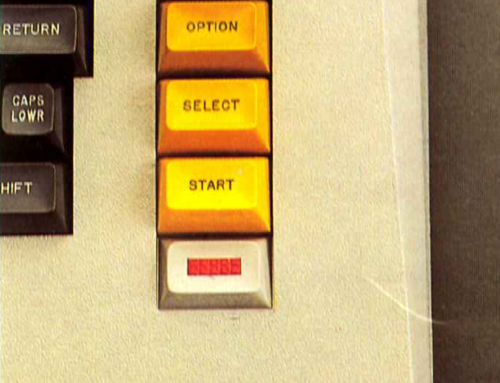One of the most fun things about co-creating Conscious & Carefree are the offline conversations we often get to engage in with our followers. After my last post, I think therefore I am, one of our readers sent in this email asking for some guidance:
“I was talking with my friend about your last post and it just resonated so well. We were wondering about your thoughts on disappointment and expectation of others. As much as we try to look inward and focus on the positive, we both get stuck on feeling frustrated, angry, or upset when we think others should be acting in a different way. Sure, we can stop expecting, but we wonder if there might be a different solution…”
As I responded to our reader, there actually is a way to manage this. But, like any other move towards self-improvement, it takes work. On the plus side, if you’re willing to put in the work, the payoff can quite literally transform your life. Here’s how:
The imperative of perspective
The issue about disappointment (and any other “negative” experience we have) is that it’s a PERSONAL issue. By which I mean, if you were cut off in traffic today, it made no difference to me. I wasn’t affected. The driver next to you wasn’t affected. It didn’t affect the guy who cut you off. It didn’t affect anyone else in your car. In fact, the only person it pissed off was you. Which means “pissed off” (or disappointed, or frustrated, or angry, or whatever default emotion you’re feeling) was an automatic reaction—a program, if you will, just like a computer. Someone doesn’t do what you expect them to, you get disappointed. It’s equivalent to pressing return and getting a space. Totally out of conscious control.
That’s why positive thinking doesn’t always work. With positive thinking, all you’re trying to do is put a salve on top of an unconscious reaction. The real trick is not buying into the unconscious reaction in the first place.
How do you do that, you may ask? After all, it’s an unconscious reaction!
You do it by ignoring it. Literally. The thought, feeling, belief, pattern comes up (“I’m disappointed”) and you let the disappointment run through your body and out. You don’t play with it. You don’t ruminate on it. You don’t start recounting a story in your head about the last time you were disappointed, or how no one can be trusted to do what they say, or about how tired you are about being let down. You let the emotion come up, you watch it run through your body, you let it go.
Now, do that with every single emotion and thought that ever comes up during the course of every single day, and you’re enlightened.
Huh?
I know. It sounds flippant. So many of us have been taught that we can’t resolve our issues until we map out their contours, wander through our internal landscapes, touch and taste the permutations of our intimate reactions. What I’m coming to believe, however, is that this route is a trap. I can only talk for myself, but I’m pretty confident that my internal map is messed up. The mapmaker was high, or least highly unqualified. Chances are good I’m wandering in circles looking for a way out that doesn’t even exist.
I’ve found, in my experience, that it’s far quicker to avoid the road entirely. Whenever I find myself in danger of getting lost down one of my personal choked passages, I’m learning to turn right back around and get off the path. There’s nothing down there for me! Better to just stand motionless in a patch of sunshine and stop chasing down my feelings. In my personal perambulations towards peace, I’ve realized that the only way to find peace is by staying inside it instead of running off to play with every damn emotion that threatens to throw me off stride.
Like I said, it’s hard work. It requires a commitment to constant awareness. It requires a willingness to give up your own stories. It requires real mental discipline. But, y’know, that’s what willpower is for. To choose, over and over again, to stay seated in a place of awareness rather than allowing external events, or beliefs, or disappointments to push you around.





Leave A Comment